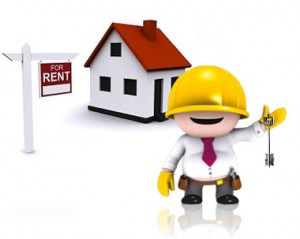
In a CNN Money article, Glenn Kelman, CEO of the brokerage Redfin, reported that he gets the same story from people that might be expected to sell their homes, but are not going to based on the low interest and high rents. Some 19 percent of current homeowners bought or refinanced homes during the period from 2011 to 2013, when interest fell to below 3.4 percent. That represents a significant part of the potential pool of today’s home-sellers. Kelmlan interviewed several and got similar stories from them. The figures tell the tale in each instance.
Susan Young of Lawrence, Kansas, said she refinanced in 2013, obtaining a 3.25 interest rate on a 30-year fixed loan. She has since bought another home, but retains the first as a rental property. The $1,100 monthly rent she receives is several hundred dollars over expenses. She applies the profit to her mortgage.
“If the interest rate were high, I’d sell,” she said. ” But this is such a perfect loan package, I just can’t bring myself to give it up.”
The Chris Cannons of Mt. Lebanon, Pa., said they are looking at a move and anticipating starting a family. But they’re expecting to rent the Mt. Lebanon property to take advantage of the great deal they got when they bought it in November 2012. Interest was 3.4 percent on a 30-year loan and they paid a couple of points to reduce the interest further – to just 3 percent. They believe they can rent their home for $1,400 to $1,500 per month, which will meet their monthly mortgage and taxes, which amount to $1,100, with money left over.
The factor that is providing such favorable circumstances for landlords is the average 20 percent rise in rents nationwide since 2006. Even homeowners who found themselves underwater when the housing market went wacky may benefit from renting rather than selling at a loss.
On the other side of the scale is the fact that not everyone enjoys being a landlord. You are responsible for repairs to your property and must deal with sometimes-difficult tenants. You take a chance on the renters taking the same care of your property that you would yourself.
But for many, it is an attractive option if the numbers can be worked to their advantage.